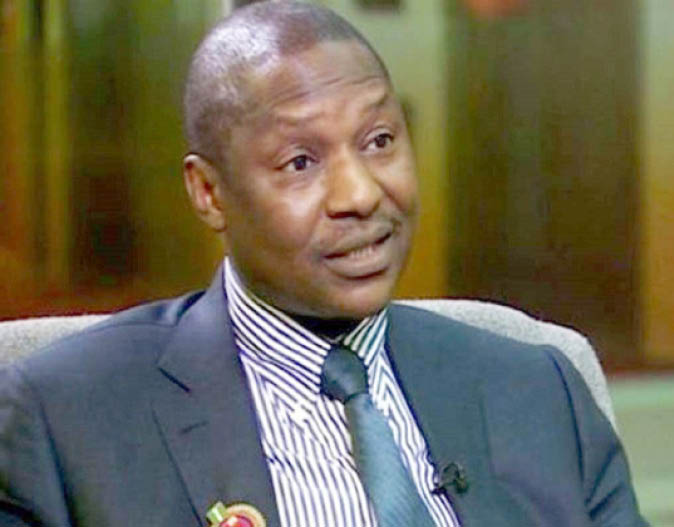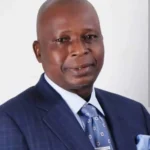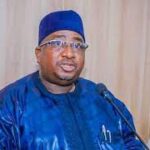The Federal Government has been charged to meticulously pursue the case of the Oil Prospecting License (OPL) 245 where Nigeria was said to have been deprived of $5.6bn.
The OPL 245 is said to be Nigeria’s largest oil field and one of the most lucrative.
- Buhari seeks global community’s help for Nigerian youths
- Ex-soldiers to Buhari: Rescue us from poverty
It has however witnessed series of controversies including allegations that local and international officials have used the deal to swindle Nigerians to the tune of billions of dollars in fraudulent deals spanning years.
The Human and Environmental Development Agenda (HEDA Resource Centre) however warned that the OPL 245 if not properly handle could become another P&ID scam in Nigeria.
Nigeria is currently enmeshed in judgement debt following a Gas Supply Purchasing Agreement (GSPA) between the country and Process and Industrial Developments (P&ID) for a 20-year contract on gas project.
The project was believed to have been conceived with the full intent of defrauding Nigeria.
But HEDA while presenting a Joint research and policy brief on corrupt practices in Nigeria’s Oil industry: OPL 245 as a case study urged the Federal Government not to succumb to what it called the seeming “bullying” by the international oil companies (IOCs) involved in the multibillion dollars OPL245 scam.
Presenting the report in Lagos on Thursday, Chairman of HEDA, Olanrewaju Suraju stressed the need for the government to expedite the processes of investigation of parties involved in the OPL245 scam to logical conclusions.
This, he stated, would facilitate prosecution and recovery of assets due to Federal Republic of Nigeria.
“Completion of investigation and prosecution of cases in respect of OPL 245 has become desirable in demonstration of Nigerian Government’s resolve to reposition the Nigerian oil sector,” the report said.
Other recommendations in the report include the extradition of persons already indicted in ongoing court cases to enable them answer to corruption charges; commitment of government to revocation of OPL245 in addition to ensuring proper inventories of assets connected thereto that may required forfeited; thorough evaluation of existing OPLs with the view to ascertaining likelihood of irregularities that may require remedies.
Suraju stated that Nigeria should be wary of the recent decision of the Eni, the Italian oil multinational ENI to initiate a legal challenge against Nigeria for allegedly refusing “to
abide by its obligations to Eni to convert OPL 245 to an oil mining licence.”
He noted that this was how the P&ID case started which now became an albatross to Nigeria.
He said, “P&ID was given by a very small brief case company which approached the arbitration panel and court to have the gas conversion and production contract which was actually an illegitimate one.
“Because many of the IOCs have the power, they have the resources, they can hire the best of international lawyers and arbitrators to be on their side realizing that many of the developing countries like Nigeria, we don’t take some of these issues serious until when it gets to where P&ID got to.
“The media have a very critical role in reviewing some of the information given for publication beyond just publishing news report or releases by the IOCs.”
According to him, when the Eni filed the case, “we wrote a letter to the Nigerian government to say, ‘do not succumb to the blackmail or attempt at muzzling the government to convert OPL 245 to an OML because that was the purpose of going to the arbitration.”

 Join Daily Trust WhatsApp Community For Quick Access To News and Happenings Around You.
Join Daily Trust WhatsApp Community For Quick Access To News and Happenings Around You.


